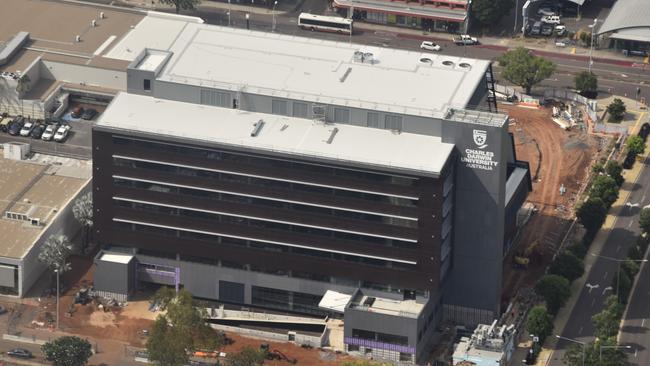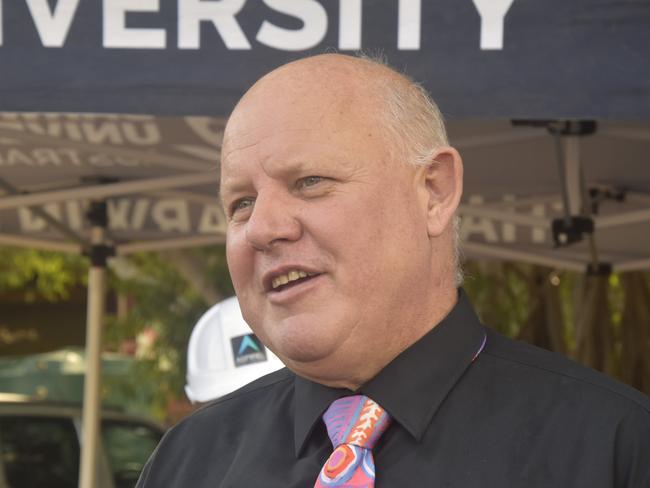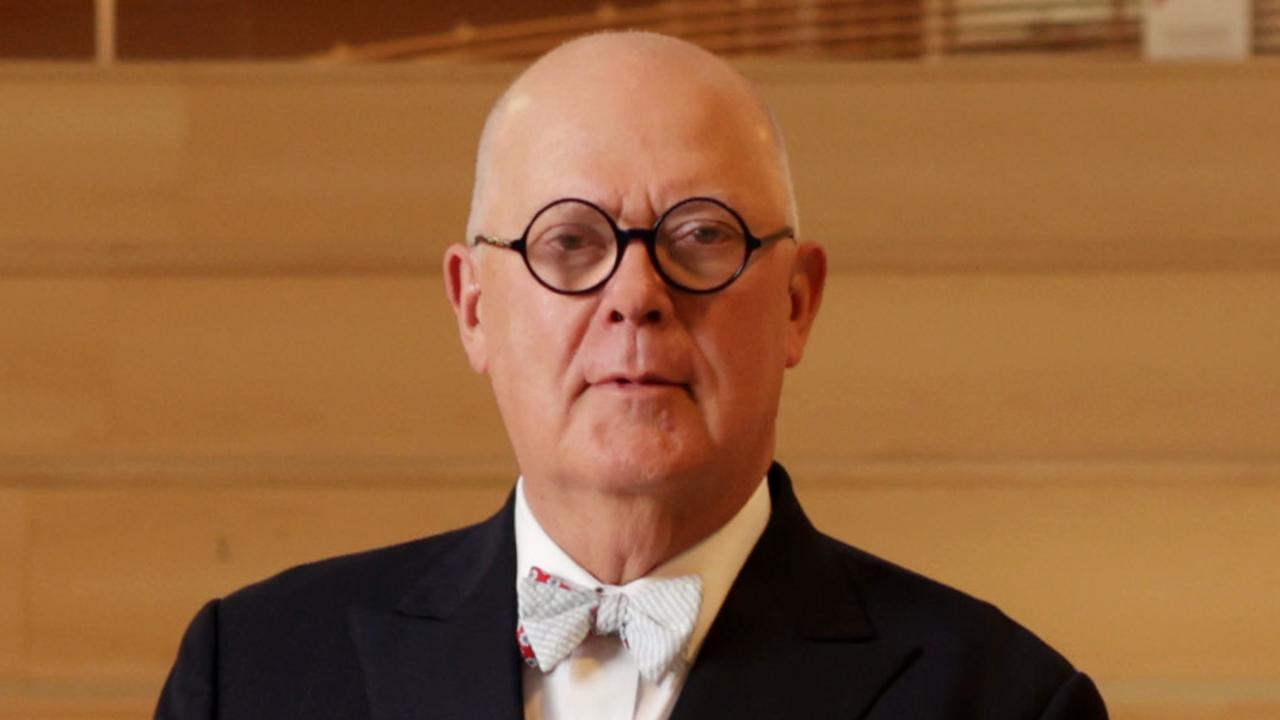Migration policy ‘one-size-fits-all’ approach is a threat to regions

As the vice-chancellor of Australia’s only remote university, I am extremely concerned about the impact recent changes to visa processing practices have had on our university and the Northern Territory (NT).
While I appreciate the Australian government’s objective is to moderate net overseas migration, a one-size-fits-all approach disadvantages some of us more than others.
In the NT, we need more people, not less. We do not have the same living and transport challenges as our metropolitan counterparts. International students are an integral part of our community, adding value far beyond the fees they pay.
International students bring a sense of liveliness that enriches our campuses. They give our Australian students an international perspective on their studies.
While studying, international students are essential participants in the territory’s workforce, especially in the tourism and hospitality industries. A recent public hearing highlighted the struggle our tourism and hospitality sectors have filling vacancies and delivering services to visitors.

With fewer international students, these sectors will be further compromised.
During their study and beyond, international students are active and engaged members of the Territory’s thriving multicultural society, advocating for, and showcasing our community to their friends and families worldwide.
The retention of students within the NT, once qualified, allows the industry to fill identified shortages in critical areas such as healthcare and education.
The NT’s net domestic migration is falling, meaning more people are leaving than coming. This is not the case in other parts of Australia.
The NT Government has a goal of 10,000 international students by 2030.
To put this into perspective, the NT’s 2030 target equates to just 4 per cent of the international students currently studying in NSW. And the larger, metropolitan universities have international student populations three to four times this size.
To support the NT’s 2030 goal, financial investment upwards of $250 million has been made by the university and Australian governments into a new campus in the heart of Darwin city.
This includes a $100 million grant from the Commonwealth infrastructure portfolio, and a $125 million Northern Australia Infrastructure Facility loan, which was underpinned by CDU’s ability to attract and retain more international students.
The Australian government supported our investment in a city campus. In 2023, we exceeded our international student targets, but we now find ourselves in a position where changes to the migration policy compromise our ability to recruit students and repay the loan we were encouraged to take.
No university wants to operate campuses with low student numbers. They lack atmosphere and are operationally inefficient. CDU can deliver a vibrant city campus, that operates at capacity, but we need a fix to the current visa issues to do this.
Another big implication of the new migration strategy is an erosion of our evidence level as we incur more visa refusals, often without clear reasons or rationales.
The university has been working tirelessly to increase the number of students from regions with higher visa grant rates; however, for CDU the demand from countries, particularly in South Asia, continues to be strong and outnumbers applications from non-South Asian countries considerably.
We will continue to make offers to the talented students who want to come and study here. While this might be a risky strategy, it is not feasible for the university to do anything else.
To say I am worried about this policy and the effect it will have on the education sector and on the NT is an understatement. I think it is grossly unfair to our region.
I implore our elected officials to do the right thing and recognise that the NT is different and that a blanket approach to limiting migration here will only hinder the NT’s prosperity. Our future depends on it.
Emeritus Professor Scott Bowman AO is vice-chancellor and president of Charles Darwin University.


